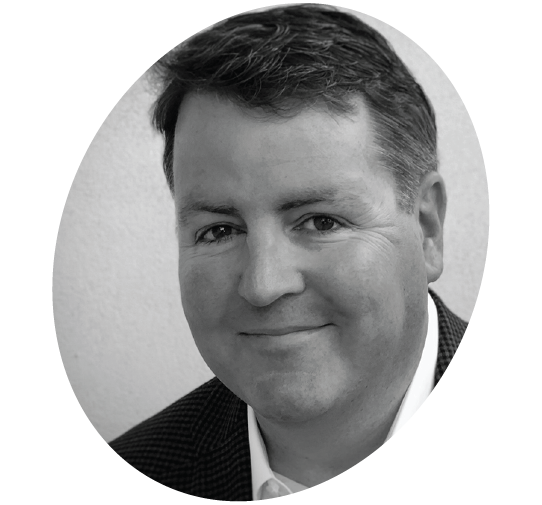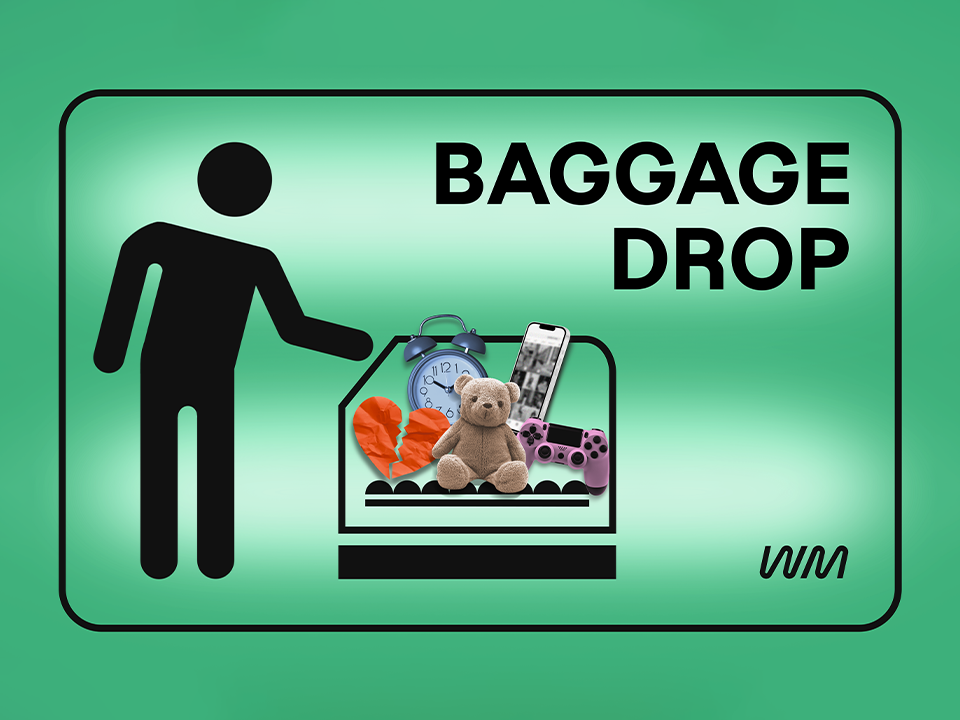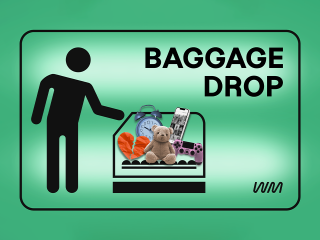
Ryan Howes, PhD
Clinical psychologist and writer in Pasadena, California, working primarily with men from a psychodynamic/relational approach
Who knew boundaries could be a superpower? Dr. Howes does! In this second episode of week two, Dr. Howes takes us deeper into the world of showing up for yourself, and for others, by exploring your relational strengths and your boundaries. Turns out saying “no” is not only supportive of yourself, but it also helps other people learn how to support you better, too.
Download the How to Find Your Support System worksheet!
Learn more about Dr. Howes
Check out Dr. Howes’s “Mental Health Journal for Men” workbook
As a performance brand for over 70 years, the ASICS philosophy mixes human-centric science with charitable partnerships, and the belief that mind and body are linked…so working on both fuels your power to uplift yourself, and other people.
Nothing’s more powerful than mental health.
So after this podcast’s mental boost, learn how ASICS can bring that ethos to your life by heading to asics.com. ASICS—sound mind, sound body.
(BAGGAGE DROP THEME BEGINS)
RYAN HOWES, PHD, HOST: Hey there! I’m Dr. Ryan Howes, clinical psychologist and Wondermind Advisory Committee member. This is episode 5 of Wondermind’s Baggage Drop: the show designed to help you let go of what weighs you down, so you can reach higher heights when it comes to your mental health. If this is your first Baggage Drop episode–awesome. We can start together. But I encourage listeners to circle back to last week’s episodes–you might get even more out of this one.
(MUSIC BEGINS)
DR. HOWES: Okay, Baggage Droppers! I think Dr. Stern coined that term in last week’s episodes and I'm going to keep it going.
So, let's revisit recognizing your “yeses” and our stakeholders. Remember how we mentioned four different types of support?
Instrumental and emotional support mostly come to you socially from people. While information and appraisal support can come to you from some combination of people, places, animals, and occurrences in your life.
We also discussed showing up for yourself–making sure you're present so you're able to recognize what and where you get support.
How did thinking about your support systems play out over the last couple days?
Do you feel you’re getting enough support for your goals? Like Dr. Stern taught us last week, ask yourself: does my support align with my “why?” Does my support fit the life I intend to lead? Keep checking in with those questions. They always help.
Today we’re talking about how you show up for and support others. It’s important to practice support both internally and externally, as it’s a cycle: showing up for people in your life helps them support you better.
It’s kinda like a “what you put out, you receive in turn” kind of situation.
So, first we want to get a clear picture of your relational superpowers—these are your supportive strengths. Are you a good listener? Perhaps you’re known as a problem solver? Maybe you’re accustomed to doing acts of kindness for others like helping friends and family get their needs met? Whatever your relational superpower is, it’s important to capitalize on your strengths. And if some of them are lacking, you can always work to improve.
Some of our Wondermind producers asked listeners in New York and LA about their relational superpowers. Here’s what our listeners told us.
(MUSIC BEGINS)
PIA GLENN, PRODUCER: What is your relational superpower? Whether it’s with your mom, your girlfriend, work colleagues, anyone. Are you like the best listener in the world? Do you take action and fight for people? Like what’s your thing?
[VOICE CLIP 1]: I think my relational superpower is that I’ve always found that I can relate across a wide variety of personality types and different, you know, groups in society and racial groups. So yeah, I think that I’ve always been able to kind of find common ground with anybody. For the most part.
PIA: What is your relational superpower?
[VOICE CLIP 2]: Probably intuition. Feeling things out. I try to help out my friends. I’ve taken on self-mastery, which most people don’t realize what that is. It’s basically to lose your ego, and just become more skilled at dealing with problems, mental health issues, and so yeah I do pass along the knowledge that I have and just try to assist anywhere I can.
[VOICE CLIP 3]: I think I would say I am genuinely interested in the lives and stories of my friends and what they like to share. If they’re passionate about something or there’s something that’s important to them, I genuinely try to reciprocate their enthusiasm and I actually do care, so I actually do wanna listen.
[VOICE CLIP 4]: People tell me that I’m nonjudgemental. That’s why they feel comfortable telling me things. I guess that makes me a good listener. A nonjudgemental good listener
(MUSIC BEGINS)
DR. HOWES: Showing up for other people can help us learn how we can show up for ourselves. And I know this is easier said than done. I’m always working to protect my own downtime, by setting boundaries and scheduling time for rest. I think working on these is helping me be a more supportive friend and partner, but hey, you’ll have to ask them about that.
So now for our exercise, let me tell you another one of my stories:
I like to help others. I have a hard time saying “no.” I say “yes” a lot of times to people because I’m someone who likes to help other people. That’s my profession—it’s me personally, as well. So someone asked me to talk at his men’s group and I had a conflict there, because I had my own therapy session at the time. I also love giving talks. I love helping men, and doing these sorts of things, but I had to really decide is it better for me to say “no,” or to go ahead and do it. But I decided to say no, and I asked my friend to give me a rain check, and in that moment I had to keep my energy up so I could tell him no. And he said, “I totally understand, that’s not a problem at all.”
(MUSIC BEGINS)
So that story was about remembering to save enough space in your life to receive support. This often occurs when we take on too much, our boundaries aren’t affirmed, so the time and energy end up filled by the needs of others. Sometimes, when we’re full of stress or preoccupied with obligations, we don’t even realize that our ability to receive can be numbed by overwhelm. We lose compassion for ourselves, and, in turn, lose sight of the support we so desperately need when times are tough.
Let’s use this story as inspiration to find out more about your boundaries:
When did you last say “no?”
How were boundaries modeled for you growing up?
Where could you say “no” more?
Where in your life do you need to say “no?”
We asked our community these questions, and here’s what they told us:
PIA: Where would you say you might draw fresh boundaries?
[VOICE CLIP 5]: Definitely with work. I mean, it’s hard to, sometimes, draw boundaries with work especially when your work is more entrepreneurial so it’s not like you’re clocking in and clocking out. It can be hard to draw lines between work and personal life, and realize that they benefit one another and are interconnected, and not that taking time off or away from the phone is like taking away from time you could've been more productive, but rather making it possible to do your best when you are working.
PIA: What’s a hard boundary you have, emotionally?
[VOICE CLIP 6]: I think space. I definitely need some, like, alone time to recalibrate. Maybe because I do have so many touchpoints with people, I definitely need that alone time to just kind of recalibrate.
PIA: What are your emotional boundaries? What would just make you say “No, get out of my life”?
[VOICE CLIP 7]: I’m very peaceful, but when somebody goes too far, like crosses a line, that’s it.
PIA: That’s it. So, what, do you lash out or do you walk away?
[VOICE CLIP 7]: I walk away.
Wondermind does not provide medical advice, diagnoses, or treatment. Any information published on this website orby this brand is not intended as a replacement for medical advice or a substitute for the advice of a professional, and you should not rely on it. Always consult a qualified health or mental health professional with any questions or concerns about your mental health




